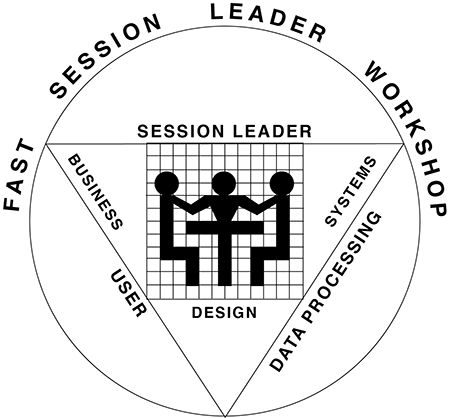May 1997

Preparation | Gary Rush Facilitation
What is Preparation?
Preparation is the process of interviewing the participants of an upcoming workshop enabling a facilitator to properly develop the workshop agenda and bring the appropriate tools to empower the group. Preparation also includes agenda development, preparation of the documenter or recorder, scheduling, and logistics set up of the room and audio visual equipment.
Why Prepare?
I view preparation as critical. I never support unprepared facilitation. Unprepared facilitation often wastes participant's time more than an unfacilitated workshop. That is partly because expectations won't be met and the group may set many directions. It's like the old saying, "If you don't know where you are going, all roads take you there." Preparation gathers the expectations of the participants. It enables the facilitator to know why the group is meeting so that the agenda helps the group get where they want to go. It enables the facilitator to bring in tools for team-building if the team needs it or creativity enhancing -- again, if needed. Using the wrong tool hurts a session faster than using no tools.
The Steps of Preparation
Following are the preparation steps:
- Determine the purpose and objectives.
- Talk to potential attendees to gain their perspective on the meeting.
- Develop the meeting agenda.
- Build the attendee list.
- Schedule the meeting.
- Prepare an invitation letter
- Prepare the recorder.
- Set up the room and visual aids.
Make sure that you interview all participants if possible. Ensure that the letter is sent out by the workshop sponsor - it lends credibility. Ensure that the purpose and objectives are clear - and that they are the group's purpose and objectives - not yours.
Interviewing
Interviewing is a critical part of preparation. It must be done by the facilitator. Most interviews last 30 minutes or less. You don't interview to manipulate or capture the information you want in the workshop. You interview participants to understand:
- their job
- their business
- their expectations
- potential issues
- who should, or should not, attend and why
- schedule conflicts
My 30-minute interview goes:
- This is why I'm here.
- This is what a workshop is all about - process and roles.
- I am interviewing you to find out how you fit into the workshop and what I need to do to ensure that your time and the time of the other attendees is not wasted.
- What do you expect from the workshop?
- What will make this workshop a success? A Failure?
- Are there any problems you foresee? Identify these problems and ask subsequent participants if they concur.
- Who should attend the workshop? Who should not - why?
- Does the proposed agenda make sense to you?
- Do you have any questions for me?
I have used this interview for 14 years - it works well.
Given the amount of work, preparation takes time - generally 1 day for short workshops up to 3+ days for longer workshops. Whatever you do, don't skimp on preparation. Interview people over the phone, if necessary. Talk to key people if others aren't available. Talk to more than one at a time. Just don't skip it. Those who do, are flying by the seat of their pants - on thin cloth. ![]()

